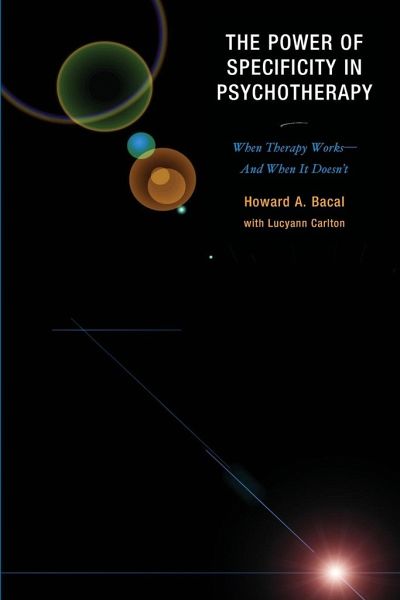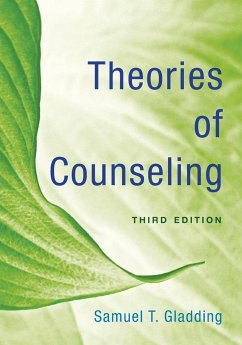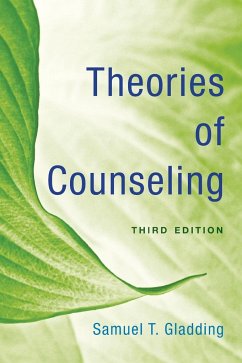
Power of Specificity in Psychotherapy
When Therapy Works-And When It Doesn't
Versandkostenfrei!
Versandfertig in 1-2 Wochen
57,99 €
inkl. MwSt.
Weitere Ausgaben:

PAYBACK Punkte
29 °P sammeln!
The Power of Specificity in Psychotherapy: When Therapy Works-And When It Doesn't presents specificity theory, a contemporary process theory of psychotherapy that holds that each therapist-patient dyad constitutes a unique reciprocal system, challenging us to reconsider how psychotherapy is optimally practiced and taught. The perspectives of specificity theory are corroborated by cutting-edge findings in neurobiology and infant research and alter traditional views of how we understand and utilize "theory," "response," and "relationship" in both treatment and training.













